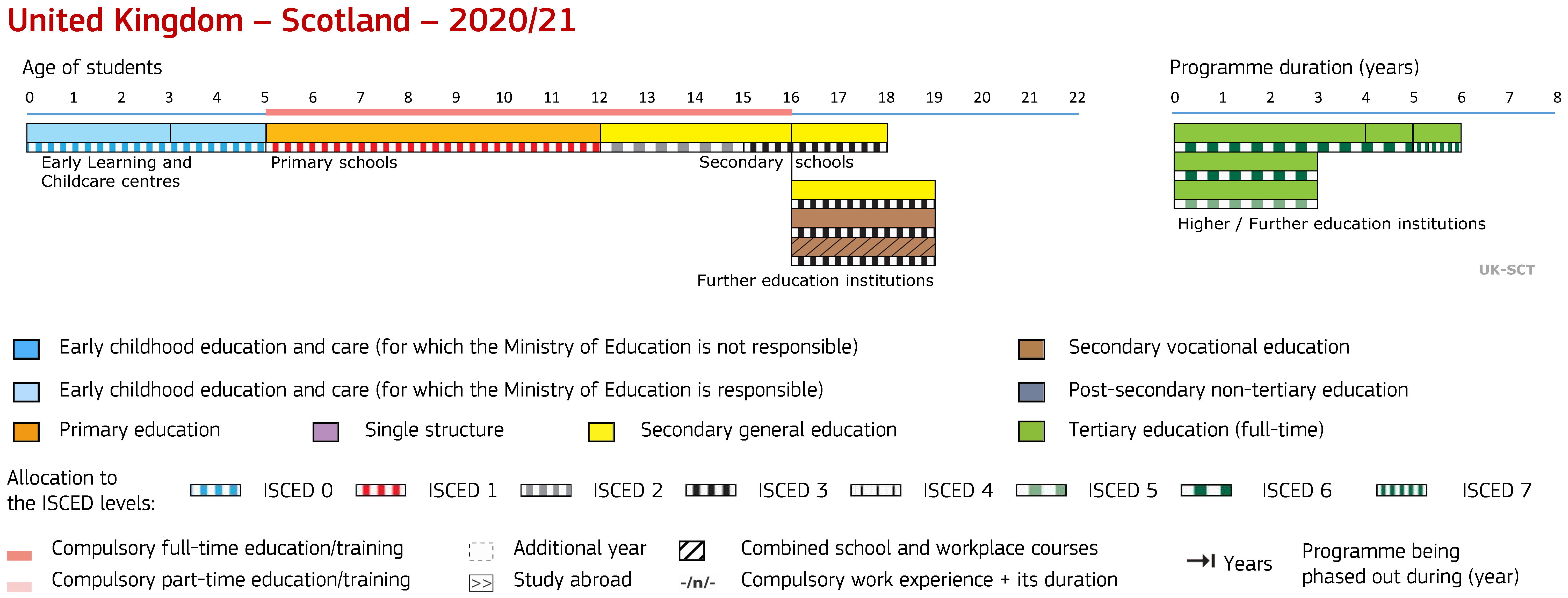George Milliken
Organisation: Education Scotland
George Milliken is a Development Officer at Education Scotland. He is currently working to develop digital approaches to support practitioners increase their confidence, skills and knowledge of digital learning and teaching.
Before working in education, George was involved in developing grassroots football before training as a primary school teacher, and then working nationally at Education Scotland. He has planned learning at all levels of the primary curriculum and discovered that digital literacy and digital skills could be used to improve educational outcomes for learner through engaging, exciting and meaningful learning.
Now working at a national level, George is responsible for leading professional learning for educators and connecting with networks across the country. In this role at Education Scotland, he works collaboratively with Scotland’s local authorities, national, regional and industry partners to develop and deliver professional learning that demonstrates the positive impact digital technology can have on educational outcomes.

 SCOTLAND
SCOTLAND





